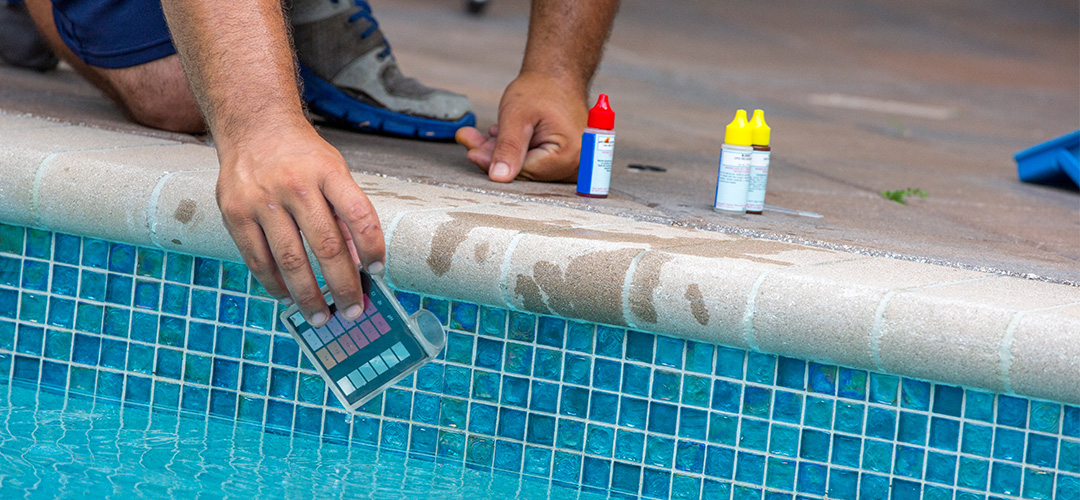Swimming pools and hot tubs are great sources of relaxation and fun, especially during the summer season. However, these bodies of water can also be a breeding ground for harmful bacteria and contaminants if not maintained properly. Regular testing of the water in swimming pools and hot tubs using water testing kits is crucial to ensure that the water is safe and healthy for swimmers. In this article, we will explore the importance of testing the water in swimming pools and hot tubs, the different types of water testing kits available, and how to interpret water test results.
Why Test the Water in Swimming Pools and Hot Tubs?
The water in swimming pools and hot tubs can contain various harmful contaminants such as bacteria, viruses, and parasites that can cause a range of illnesses from skin rashes to respiratory infections. These contaminants can enter the water from various sources, including swimmers’ bodies, environmental debris, and improper use of chemicals. Testing the water in swimming pools and hot tubs using water testing kits is essential to ensure that the water is safe and healthy for swimmers.
Types of Water Testing Kits
Water testing kits for swimming pools and hot tubs come in various forms, including test strips, drops, and digital meters.
Test strips are the most common type of water testing kit and are easy to use. They work by dipping the strip into the water, which will then change color to indicate the presence of specific contaminants.
Water testing drops work by adding a chemical reagent to a water sample, which then reacts with specific contaminants, causing a color change that indicates their presence. These drops are more accurate than test strips and can detect a broader range of contaminants.
Digital meters use advanced technology to measure the concentration of different contaminants in the water and provide accurate and reliable results. They are more expensive than other testing methods, but they are highly recommended for use in commercial pools and hot tubs.
What to Test for in Swimming Pools and Hot Tubs?
There are several parameters that need to be tested in swimming pools and hot tubs, including:
- pH levels: pH levels should be maintained between 7.2 and 7.8 to prevent skin and eye irritation.
- Chlorine levels: Chlorine levels should be between 1 and 3 ppm to disinfect the water and kill harmful bacteria and viruses.
- Total alkalinity: Total alkalinity levels should be between 80 and 120 ppm to prevent pH swings.
- Calcium hardness: Calcium hardness levels should be between 200 and 400 ppm to prevent damage to pool surfaces and equipment.
Interpreting Water Test Results
Interpreting the results of a water test can be challenging, especially for those who are not familiar with water chemistry. Water testing kits typically provide results in parts per million (ppm) or parts per billion (ppb). A higher ppm or ppb indicates a higher concentration of the contaminant in the water.
If a water test reveals the presence of a contaminant in the water, it is important to take appropriate action. For example, if the test reveals low chlorine levels, adding more chlorine or shock treatment may be necessary. If the test reveals high levels of calcium hardness, water softening agents may be required.
Conclusion
Testing the water in swimming pools and hot tubs using water testing kits is essential for ensuring the safety and health of swimmers. Harmful contaminants can enter the water from various sources, making it crucial to maintain proper water chemistry and sanitation. Water testing kits come in different forms, including test strips, drops, and digital meters, making it easy to test the quality of water in swimming pools and hot tubs. Testing should be done regularly, and results should be


